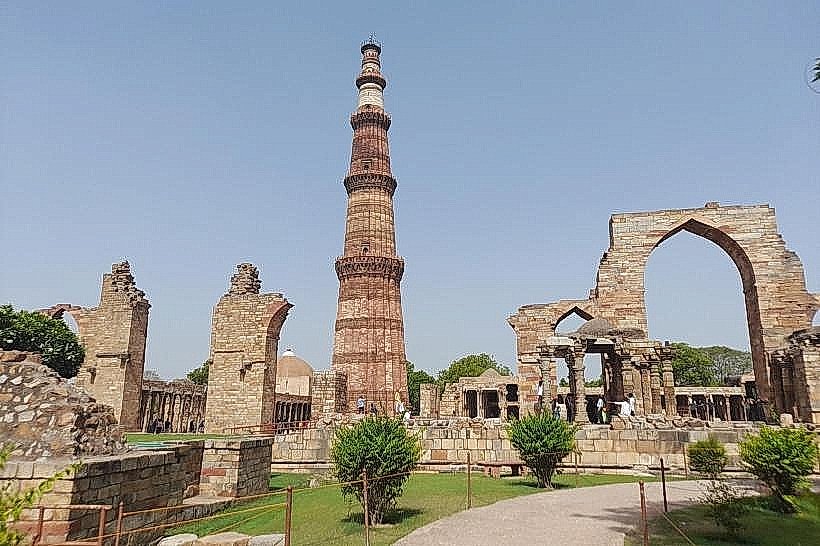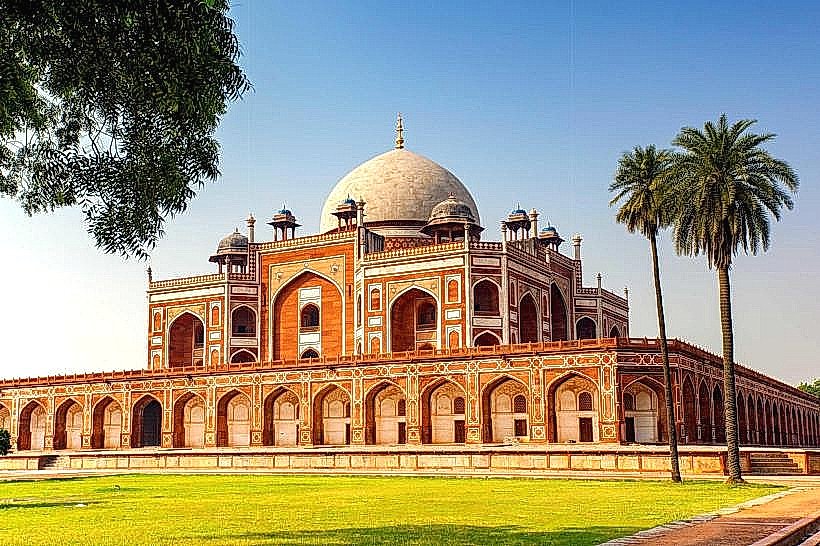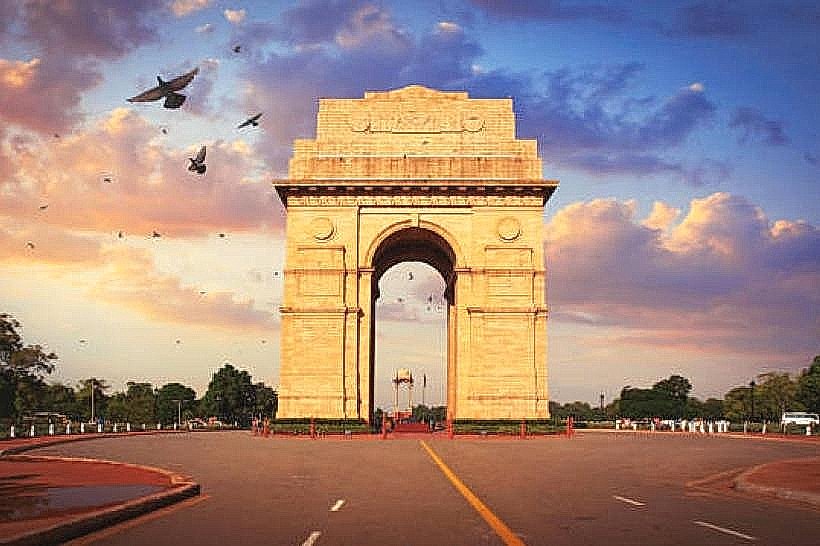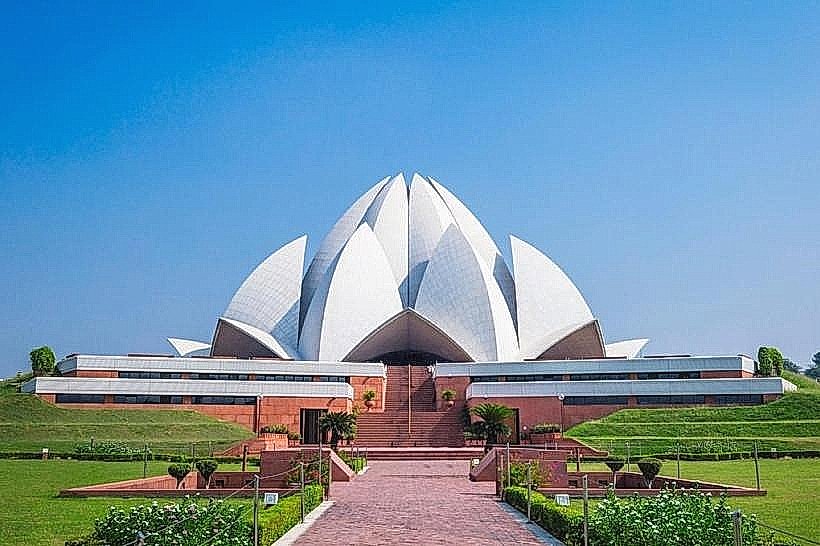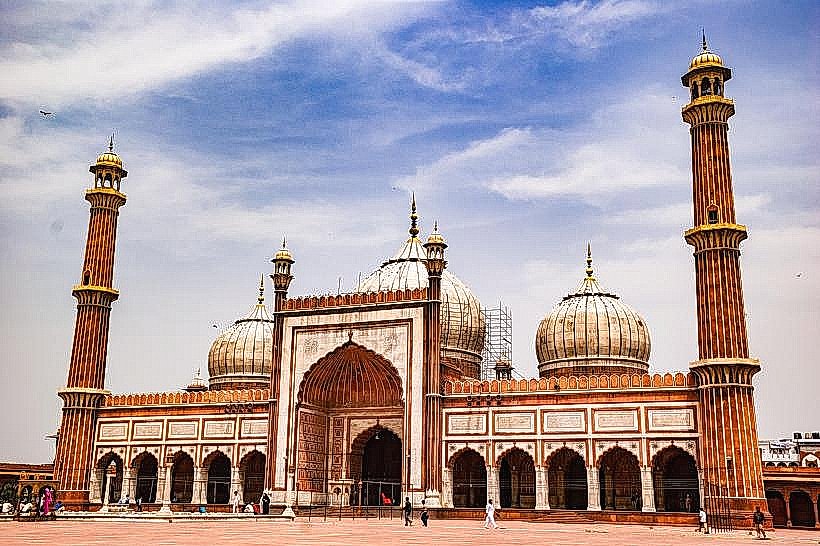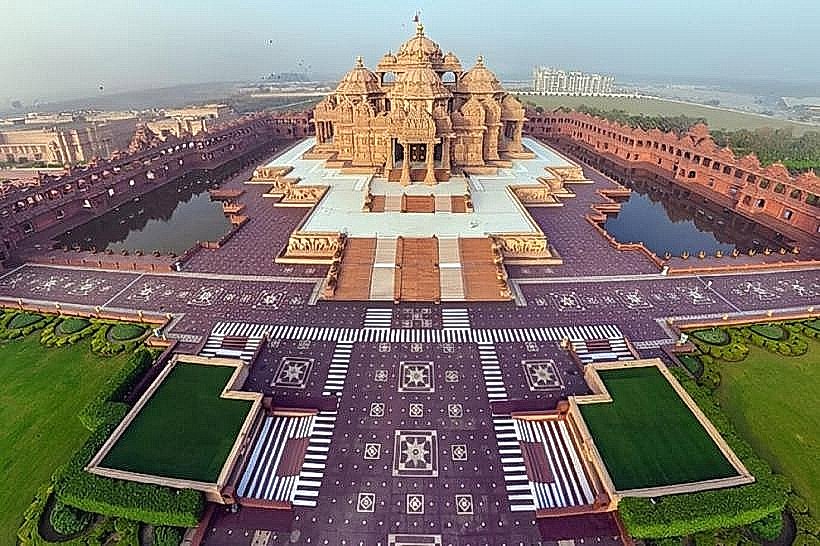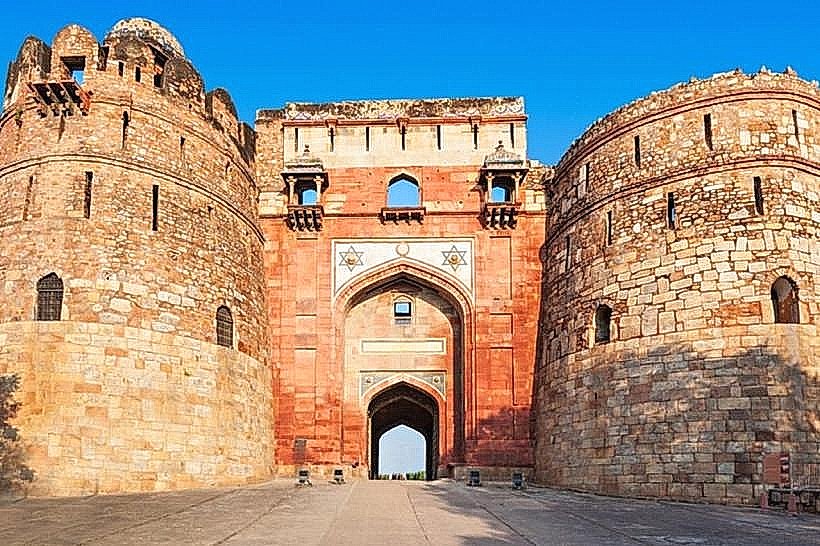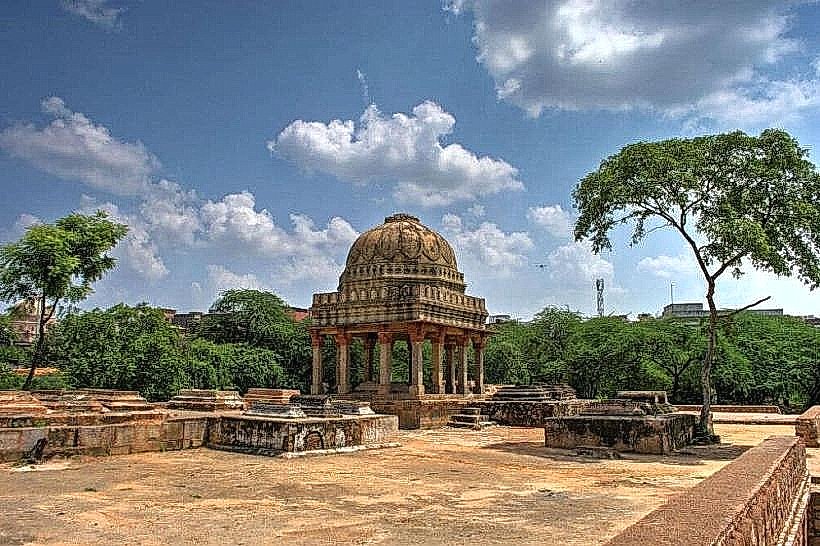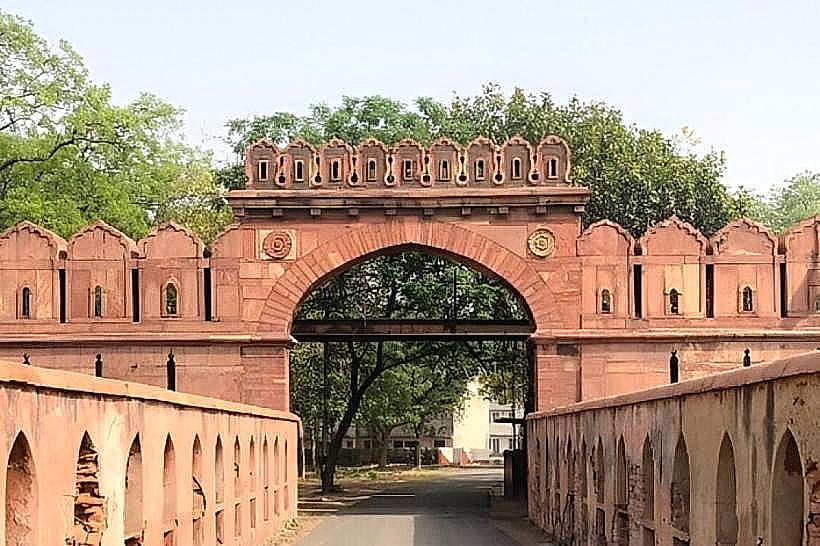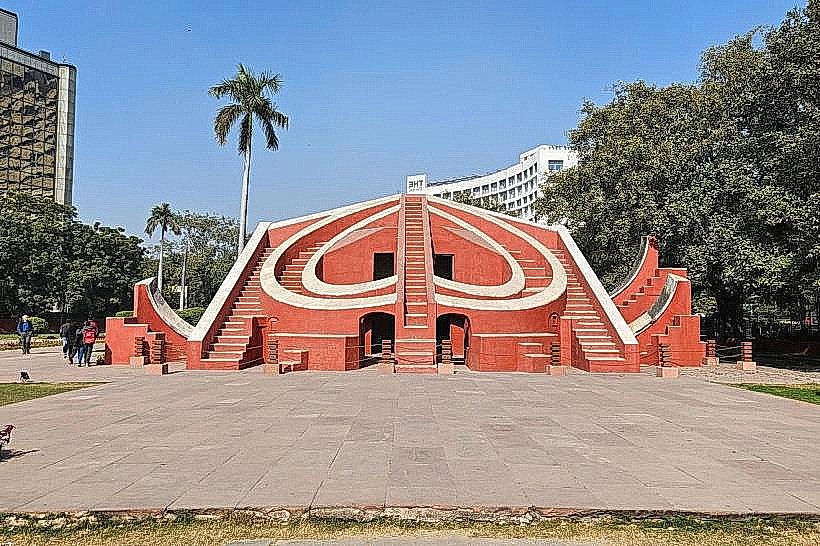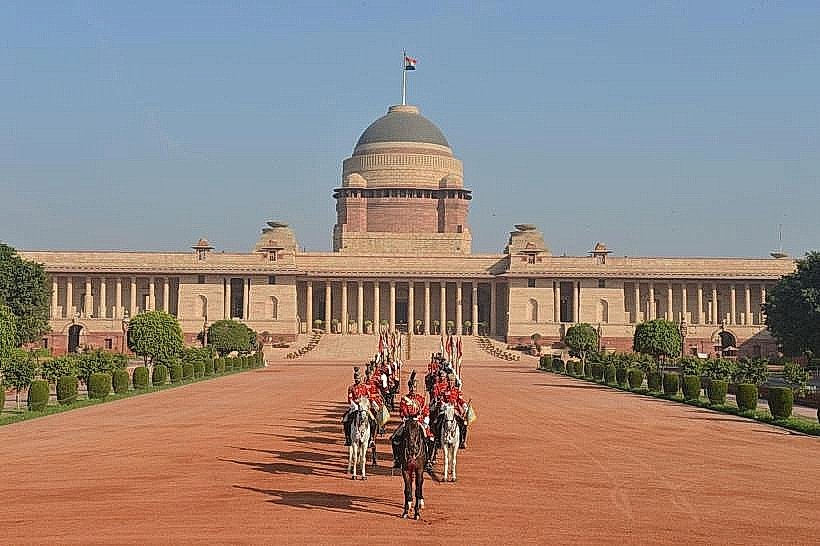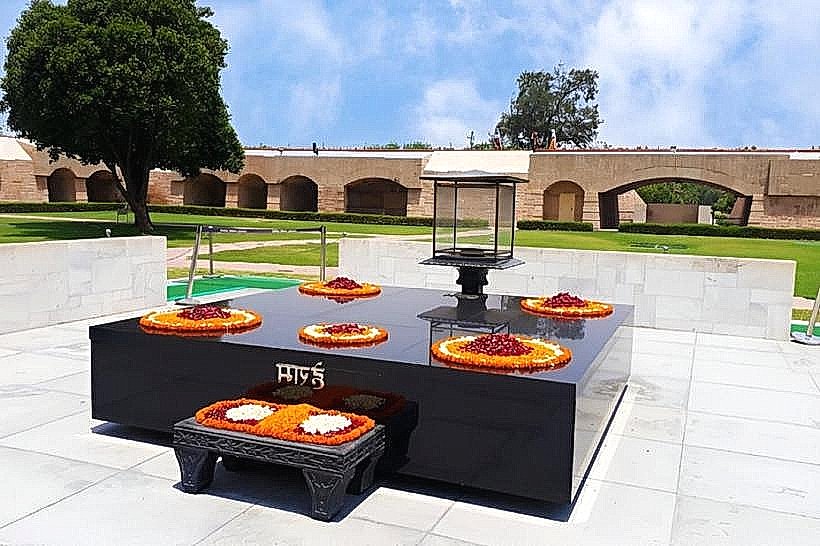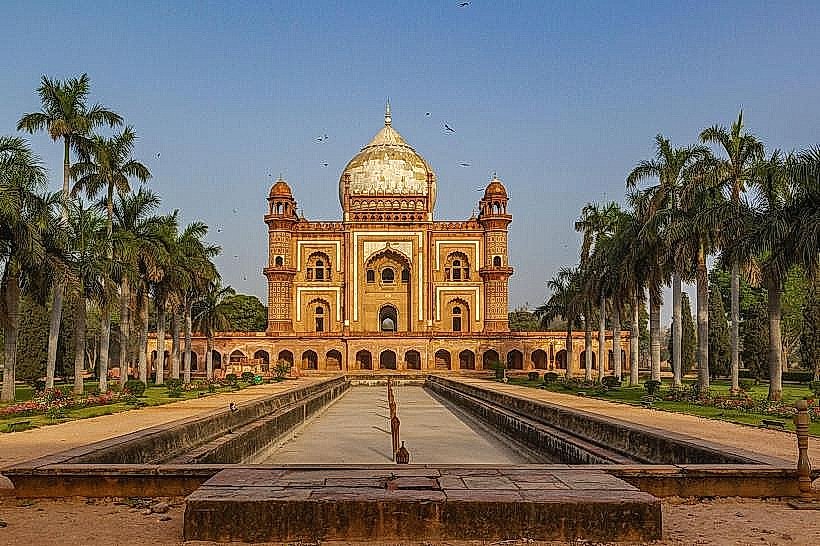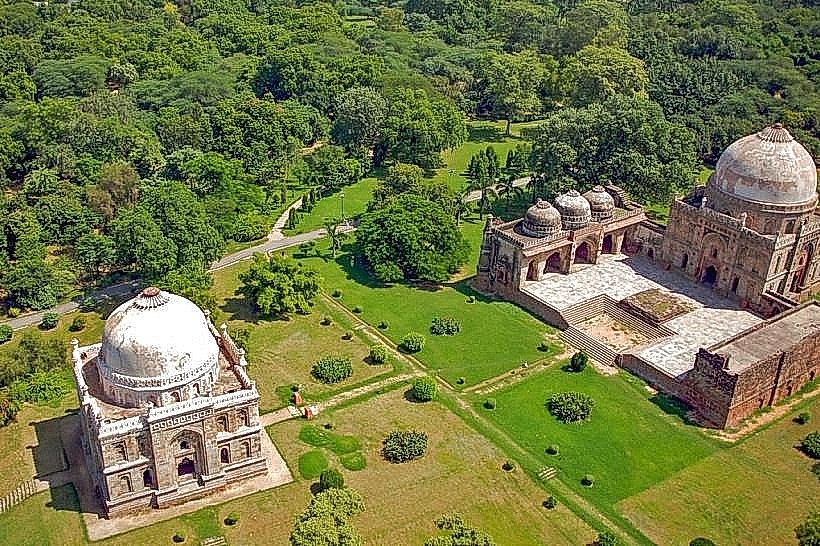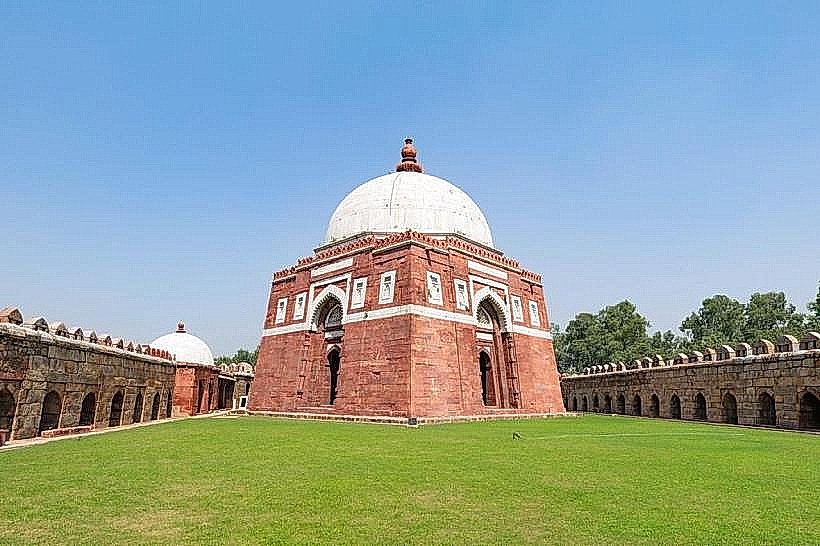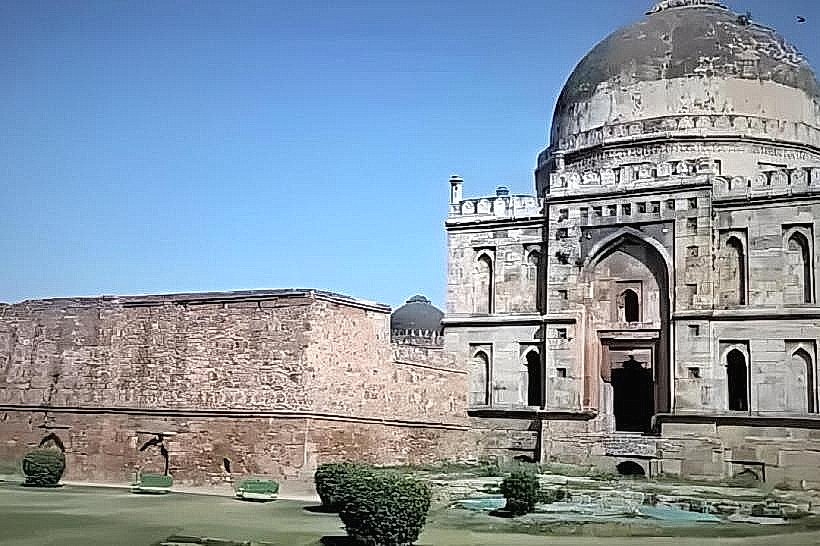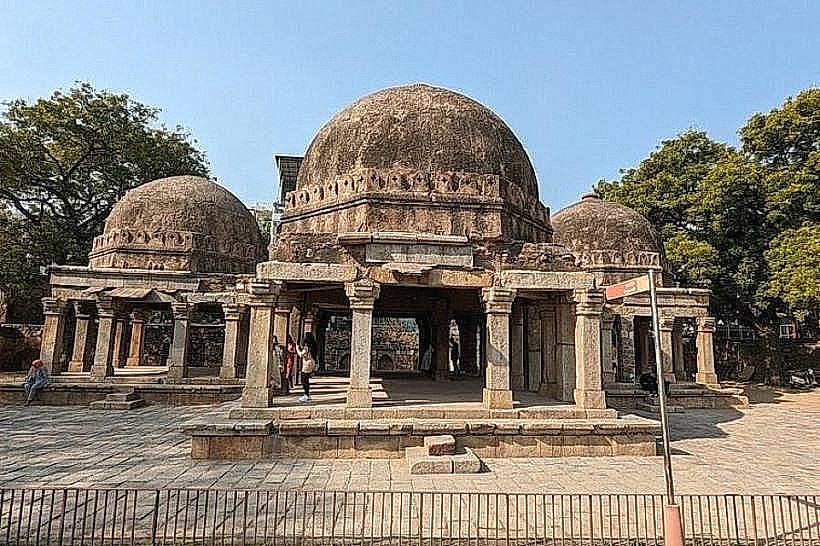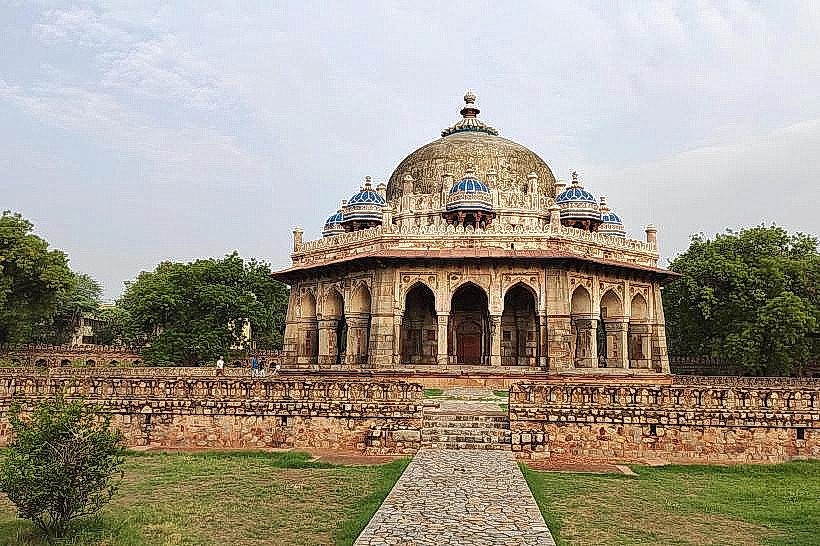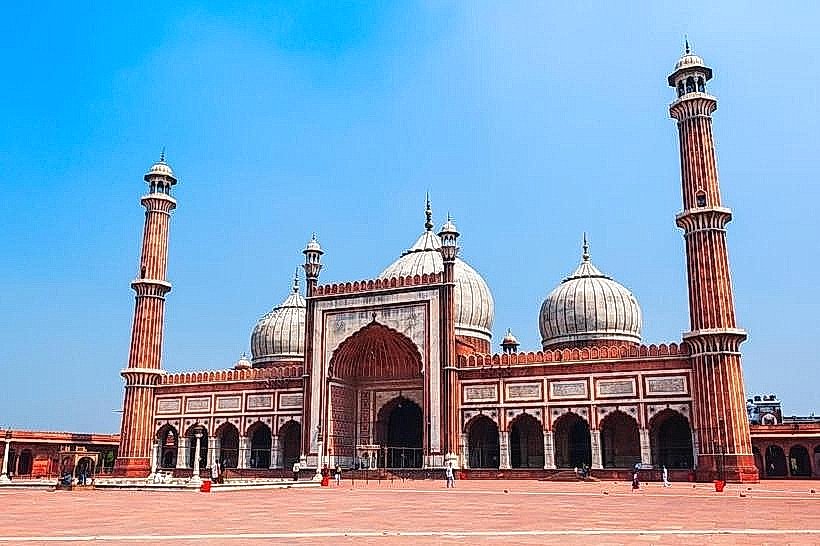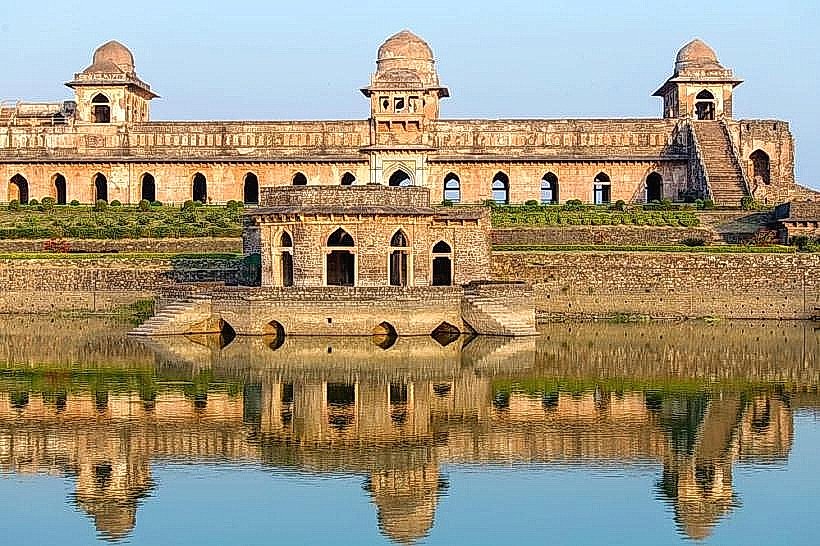Information
Landmark: Red Fort (Lal Qila)City: New Delhi
Country: India
Continent: Asia
Red Fort (Lal Qila), New Delhi, India, Asia
The Royal Brunei Polo & Riding Club is a sporting facility located in Jerudong, near Bandar Seri Begawan, Brunei.
Visual Characteristics
The club features a main clubhouse constructed with a combination of concrete and timber, painted in neutral tones of beige and white. It includes multiple stables, an outdoor arena with sand footing, and a grass polo field. The grounds are landscaped with tropical vegetation, including palm trees and manicured lawns.
Location & Access Logistics
The club is situated approximately 15 kilometers west of Bandar Seri Begawan city center. Access is via Jalan Jerudong. Private vehicle is the primary mode of transport. Limited parking is available on-site. No public transport routes directly serve the club; taxi or ride-sharing services are recommended.
Historical & Ecological Origin
Established in 1995, the Royal Brunei Polo & Riding Club was founded to promote equestrian sports within the Sultanate. The site is located on reclaimed land adjacent to the coast, with the surrounding environment characterized by coastal plains and tropical rainforest.
Key Highlights & Activities
Activities include polo matches, show jumping events, and horse riding lessons. Visitors can observe training sessions and, during scheduled events, attend polo matches. The club offers riding experiences for various skill levels.
Infrastructure & Amenities
The clubhouse contains a restaurant and bar. Restrooms are available within the clubhouse. Shade is provided by the clubhouse structure and strategically placed trees. Cell phone signal (4G) is generally reliable within the club grounds.
Best Time to Visit
For observing polo matches, weekends are typically active. The cooler hours of early morning and late afternoon are best for outdoor activities. The dry season, from March to September, offers the most favorable weather conditions for outdoor equestrian events.
Facts & Legends
The club's polo field is maintained to international standards, requiring precise irrigation and turf management. A specific local practice involves the use of traditional Bruneian saddles during certain ceremonial riding events.
Nearby Landmarks
- Jerudong Park Playground (1.2km East)
- Sultan Haji Hassanal Bolkiah Mosque (8.5km Southeast)
- Royal Regalia Museum (13.0km East)
- Tamu Kianggeh Market (14.5km East)

